NIL, not Nil - NCAA Policy and State NIL Laws
Thousands of student athletes are enjoying Christmas in July thanks to recent changes in name, image and likeness (NIL) laws and the NCAA interim NIL policy. Texas is blessed with 115 NCAA Division 1 teams, according to Fieldlevel. As of July 1, Texas SB 1385 became state law, giving student athletes access to new revenue streams from large corporate sponsors down to Mom ‘n’ Pop shops.
Also effective July 1, 2021 is the NCAA Division I Board of Directors interim policy suspending amateurism rules related to name, image and likeness. The temporary action will remain in place until federal legislation or new NCAA rules are adopted. The Division II and III Board of Directors also adopted the rule, paving the way for ALL NCAA athletes to make money from their name, image and likeness.
Nil
Universities and colleges have profited from the on-field performance of their star student athletes for years. The athletes themselves? Not so much. They made zilch. Nada. Nil.
The previous NCAA regulations expressly prevented student athletes from making money on their names, images, or likenesses. Student athletes are considered “amateurs,” since they are enrolled in higher education institutions. With a goal of protecting the amateur status of student athletes, the NCAA rules were designed to limit student athletes from receiving “pay-for-play” and improper inducements tied to choosing to attend a particular school.
So, these young, talented men and women made nil from their NIL while their schools earned revenue from ticket sales, broadcasting rights, merchandise, and more. The flip side of the argument of making nil from NIL, is that many student athletes (while not all) receive athletic scholarships to attend the school – and that is an equal exchange for the school utilizing the NIL rights of the student athlete.
Compliance
Universities and athletic conferences are hustling to implement internal regulations to comply with the various states’ laws and the NCAA interim policy. And if you are a company, brand, or business wanting to enter into a valid NIL agreement with a student athlete, I recommend tailoring your agreement to the narrowest interpretation of the NCAA interim policy or any NIL law passed in the state where:
the student athlete resides, or
the student athlete attends school, or
your company has its corporate headquarters
At this phase, we just aren’t sure which policy or law will apply.
Shop Around— State Law vs NCAA Changes?
Should student athletes shop around to attend a university in a state with a more favorable NIL law? Maybe. As of July 1, 23 other states have enacted similar laws. Some of these laws require tutoring in financial literacy, which is important for the athletes to have a basic understanding of dollars in and dollars out. And we must keep in mind the interim NCAA NIL policy.
Sponsors and students will still contend with a hodgepodge of laws across various states, universities, and athletic conferences applying to student athletes.
Protect The Asset
Talented as they are, and often wise beyond their years because of a decade or more of competitive sports, these young people are still, well, young folks. They may have enormous talent on the field or court, but they lack experience in handling legal matters, including legally protecting their own NILs.
Sure, you may say their parents can help. But let’s be honest; how many parents have legal training? Most regular Texans have dealt with lawyers for a death or divorce but not a name, image, and likeness issue (which we also call right of publicity). This makes the services of a media and entertainment lawyer all the more vital.
If ever there was a time when college athletes, universities, athletic conferences, and potential sponsors need the help of a name and likeness or right of publicity attorney, it is now. With July 1’s arrival, the floodgates have opened, and we are crossing our fingers that money and sponsorships will start raining down.
Contact me today at Bennett Law Office, PC, or feel free to phone/text my office at 972-244-3210. I look forward to protecting the rights of our college athletes, Texas schools and athletic conferences, and potential sponsors.

